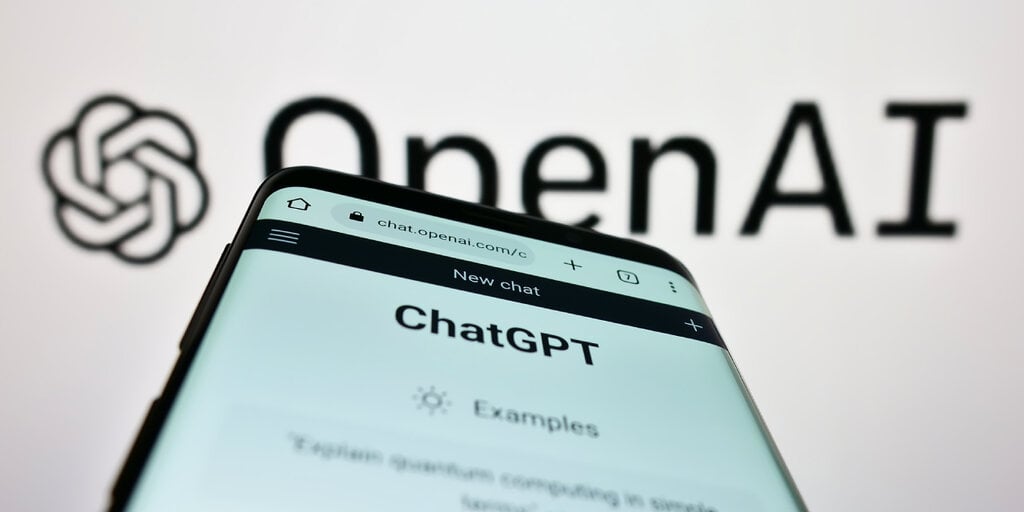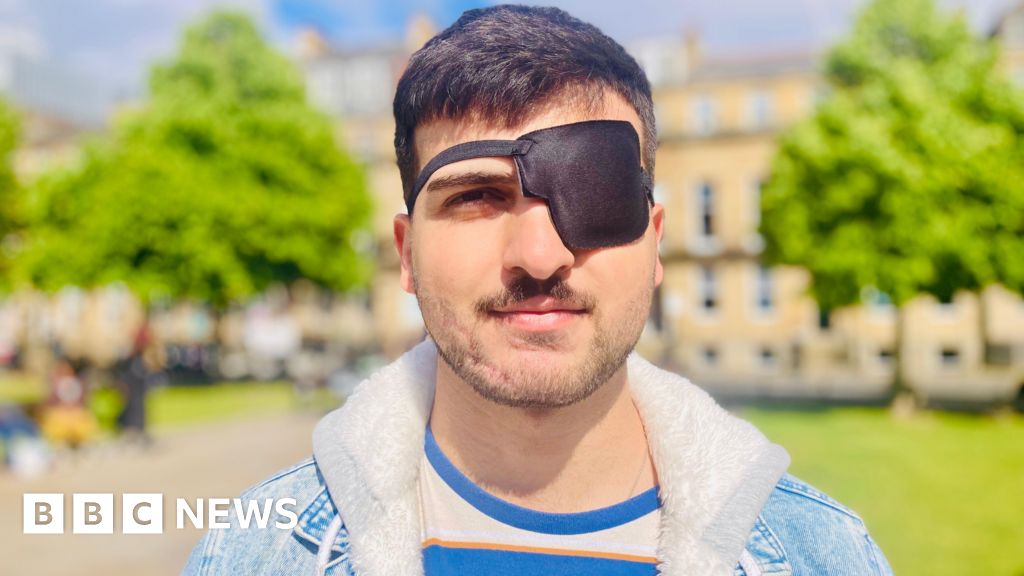
OpenAI, the AI research firm behind ChatGPT, on Wednesday delayed the launch of its Voice Mode, a standout new feature that caused a stir when it was unveiled in a product update last month. The company said it needed “another month” to work on it – and the announcement sparked sharp criticism from users and the AI community.
Voice mode was perhaps the most compelling announcement at the OpenAI event, which was unveiled alongside the release of the latest large-scale language model, ChatGPT-40, which allowed users to interact with the chatbot via voice and have a natural-sounding conversation.
The demonstration also invited comparisons with the science fiction film “Her,” in which the virtual companion is voiced by actress Scarlett Johansson. Johansson soon threatened OpenAI with legal action over the similar-sounding voice, and the company announced shortly after that it would remove the voice from its library.
In announcing the delay, OpenAI said it would not be able to continue developing the feature as planned in a limited “alpha” release in June because more work was needed.
“We are improving the model’s ability to detect and reject certain content,” the company said. “We are also working to improve the user experience and prepare our infrastructure to scale to millions of users while maintaining real-time response.”
Users didn’t like what they read, and OpenAI’s announcement quickly sparked a wave of disdain in the AI community.
Many critics were quick to point out that OpenAI has a history of over-promising and under-delivering, comparing its track record to that of its competitors. “Be like Anthropic,” tweeted AI enthusiast Ashutosh Shrivastava. “They don’t do demos and build hype, only to say nothing for 3-4 months.”
AI YouTuber Matt Wolfe claimed the delay was part of OpenAI’s business strategy.
“Show something exciting to demonstrate how far ahead of everyone else you are, and then never let people actually use it,” he said, calling this move the “Sora treatment.” The generative video tool Sora is another OpenAI product that has received a lot of praise but is not yet widely used.
Benjamin De Kraker, the developer of FinalFrame AI, expressed his frustration, claiming that OpenAI advertises certain features that are later removed due to lack of use or interest.
“Plugins died, GPT Store died, voice is laggy, storage is mediocre,” he tweeted. “Core model and API are solid, but all the ‘this changes how people use AI!’ hype has fallen apart.”
The delay has also led many users to question the value of their ChatGPT Plus subscriptions. Peruvian medical researcher Patrick Wieghardt suggested it might be time to cancel his subscription, while another user said he had already canceled his subscription. “At the moment, I don’t see the point in paying for what you’re already offering for free,” wrote the editor of an AI newsletter.
Some observers believe that the full release of the voice mode could take several months. Ryan Morrison, AI editor at Tom’s Guidesaid he believed mid-November – after the US elections – would be a more realistic time.
OpenAI did not immediately respond to a request for comment from Decrypt.
Edited by Ryan Ozawa.
Generally intelligent Newsletter
A weekly AI journey narrated by Gen, a generative AI model.




